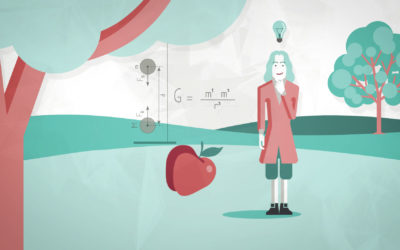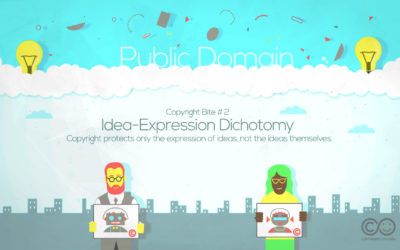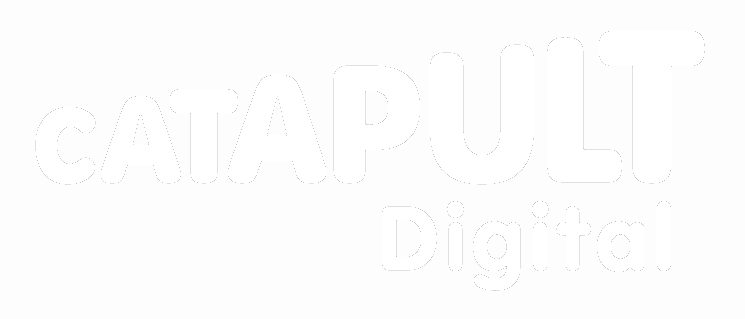Question #1: What is copyright and what can be protected by copyright?
Copyright is a form of intellectual property that protects original literary, dramatic, musical and artistic works, as well as layouts or typographical arrangements of published work, sound recordings, film and broadcast.
Copyright gives the creator of the work the exclusive rights to copy, license, rent, lend, perform, show the work to the public, make an adaptation of the work or translate a work. Moral rights, which are similar to copyright, also give the creator the right to be identified as the author of the work; not to have their work changed and the right to object to derogatory treatment of their work. The idea is that by giving authors the right to control the use of their work they can make a living from it and will be motivated to produce new work. What makes copyright a complex mechanism is that it has to encourage learning and the spread of knowledge while securing economic and personal rights to authors and creators. Striking the correct balance is one of the major challenges of copyright law.
It is important to remember that copyright does not protect ideas; it protects expressions of ideas that are fixed in a permanent form, for example, written down or recorded. It might be useful to mark your work with the copyright symbol, your name and the date of creation. However, this is not necessary: copyright arises automatically, no formalities such as registration or copyright marks are required.
See: the Berne Convention 1886 and the Copyright, Designs and Patents Act 1988
Related
Protecting
Copyright is a set of ‘exclusive’ rights, giving creators the right to control the use of their work and the ability to earn from it. The term ‘exclusive’ in copyright law means…
Copyright & Creativity
‘Copyright & Creativity’ has been produced with the goal of making copyright compelling to creators and average Internet users, trying to demonstrate that it is not just a set of rules but an interesting world worth exploring.
Copyright Bite #2
Copyright Bite #2 explores how copyright protects only the expression of ideas and not ideas themselves.











